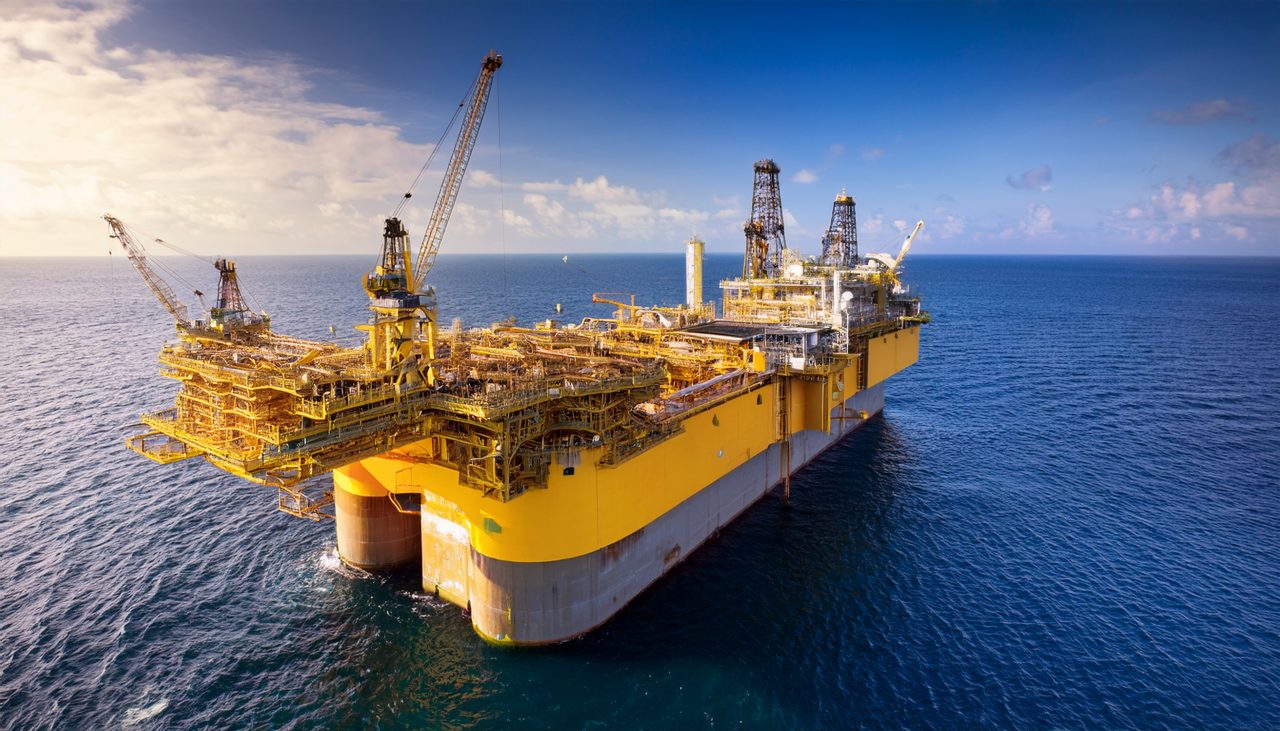Intensive Trainings

- This event has passed.
FPSO Training: Design and Conversion
22nd June 2015 - 24th June 2015
Event Navigation

Why Choose this Training Course
This FPSO training course is a comprehensive overview of FPSO design and construction. The FPSO training has been especially designed to help walk you through every stage of the FPSO hull design, topside design, engineering and layout process from concept to operation. It will pinpoint key design issues and considerations taking into account aspects such as the operating environment, hull size, weight control, layout planning, process optimization and impact of vessel motions. It has ample practical examples and lessons learned over a number of varied projects.
This FPSO training course will focus on the Front-End Engineering Design (FEED) phase, covering key elements such as the management team structure, design studies, basis of design (BOD), and expected deliverables. Safety considerations were extensively reviewed, including hazard identification (HAZID), hazard and operability studies (HAZOPS), mechanical handling risks, blast overpressure effects, vessel evacuation strategies, and emergency shutdown (ESD) systems. Regulatory and performance requirements were discussed, emphasizing compliance with classification society rules, flag administration, and shelf-state regulations. Additional considerations included design life, flow rate specifications, operational margins, production uptime targets, and environmental impacts. The hull structure session covered structural arrangements, maintenance strategies, preservation techniques, green water impact, FPSO loading conditions, storage and logistics, in-field inspection protocols, thruster functionality, lifeboat provisions, and fatigue analysis.
Lastly, we will delve into hull systems, addressing marine and utility systems essential for FPSO operations. Fire and gas detection systems, fire protection measures, firewater and foam systems were examined for safety assurance. The session also covered heating, ventilation, and air conditioning (HVAC) systems, cargo and inert gas management, ballast control, boiler operations, and various air systems, including instrument, plant, and starting air. Lubrication oil and cooling water systems were discussed, along with accommodation services such as freshwater production, sewage treatment, and temporary refuge facilities. Lastly, the importance of the control room as the operational hub of the FPSO was highlighted.
Opus Kinetic is also a proud member of Energy Institute UK.
Who Should Attend
- Understand the design and construction of an FPSO and its functions
- Understand Safety in design, construction and operation of an FPSO
- Understand the legal and regulatory requirements.
Key Learning Objectives
Recommended for anyone involved in FPSO design and operations from:
- Oil & Gas companies
- FPSO Operators
- Topsides Engineering & Design Companies
- EPC Contractors
- FPSO Shipyards
- FPSO Fabricators
- Process equipment and control suppliers



